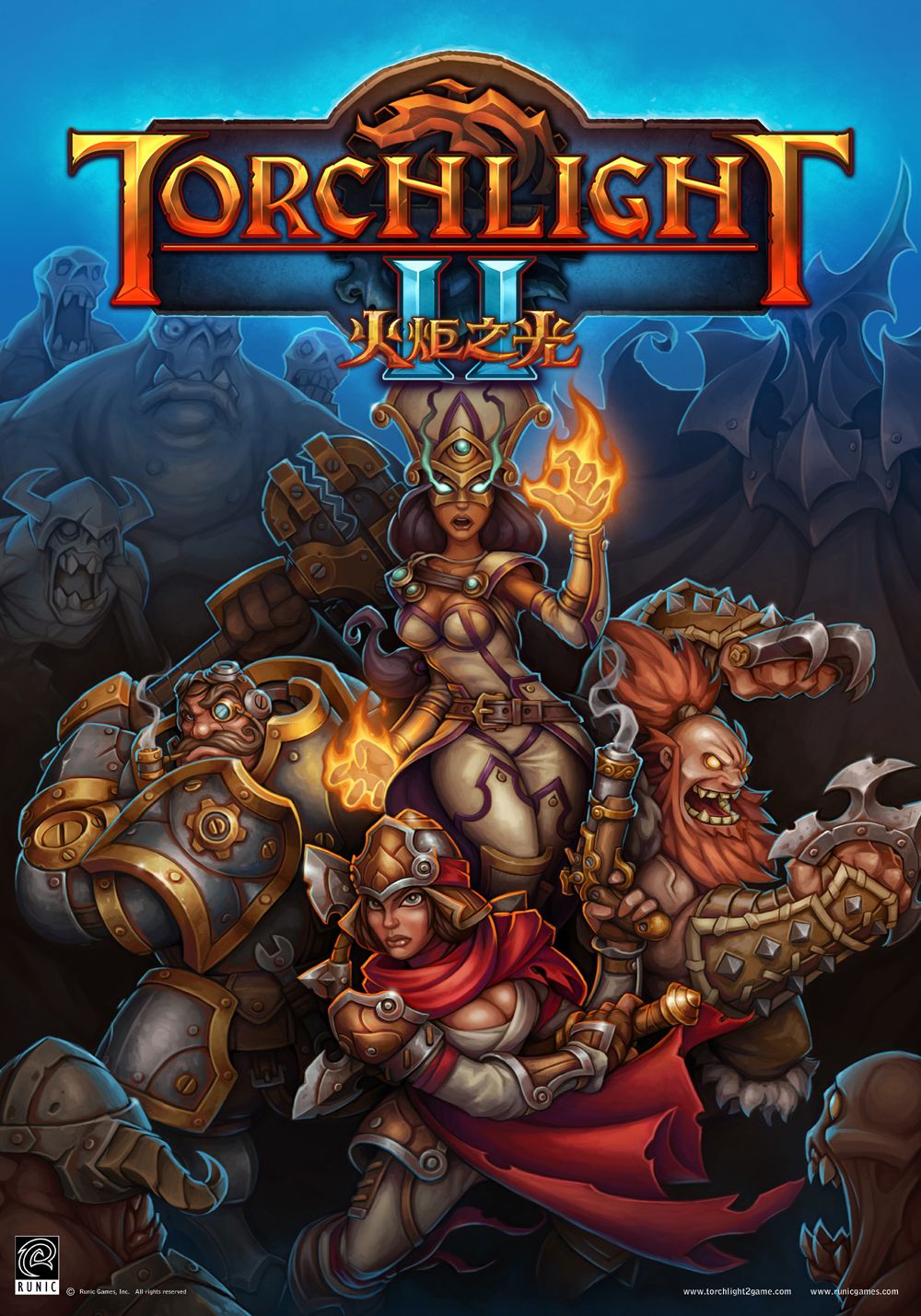Sunday, March 13, 2011
The Trouble With BEING The Batman...
This was a comment reply I made to a very well thought out- but fundamentally flawed (in my mind)- argument that a reader named Chris made about the way to improve- and the need for- great storytelling in games.
Here's what I wrote:
Chris- thanks for the well thought out, passionate reply. Clearly you've thought a great deal about this.
However,not to come across as someone trying to burst your bubble but I have to say that I've thought a lot about it as well and your 'imagine if's' (i.e. BATMAN/JOKER in the interrogation scene) sound a lot like me 5,6 years ago...even before that.
But here's the problem I have with your pitch and similar pitches (and trust me, I hear your line of thinking all the time):
You make the mistake of thinking that many of us who make gamey games don't care about infusing great story into our games and are just in it for the BIG! BANG! POW! because that's what we grew up with. Not the case. My generation also grew up with JAWS and ET and EMPIRE and OUT OF AFRICA and on and on and we are very aware of what film is capable of and there was a time a lot of us (myself included) longed for games to have a similar impact on our audiences (and on us).
But then we actually worked in the interactive medium and studied the medium and watched how the brain works when a game is played and realized that PLAYING as BATMAN in the interrogation scene would look NOTHING LIKE and FEEL nothing like WATCHING Batman interrogate the Joker. And that's the mistake so many in your camp make (and I used to make it as well): you watch movies and get moved by them and then rush to say 'I want my games to feel that way too!' BUT you fail to realize that the feelings you are so amped by come from the very nature of OBSERVING SOMEONE ELSE'S STORY from a tightly controlled, highly manipulated, and non-interactive vantage point.
You CAN'T feel the way you feel when you WATCH a great scene simply by being the star of that scene. Because the INSTANT you have control, all of the emotion that you love about linear storytelling dies and your brain goes to the same place it goes in your real life when you encounter a challenge: 'how do I solve this problem?'....be it it 'how do I get home by 6pm for dinner with the kids' or 'how do I avoid the guy with the gun who just came into the bank' or 'how do I get that girl to go out with me', all of these scenarios- once they become YOUR scenarios- are expressed thru actions and 'play mechanics' and because of that, the FEELING you get when you are solving the problem (NOT watching someone else solve it) is one of a puzzle or a challenge (the feeling would be EXACTLY that of playing a game if you were capable of removing the real life ramifications of your challenge's outcome. But even though you can't the feeling is still very, very close to playing a game and it's significantly closer to the feeling you get playing a game than it is to the feeling of watching a scene in a movie).
And that to me is the FIRST step I feel game makers HAVE to accept if we are to discover what interactivity is capable of.
We have to realize that the way the brain responds to an interactive scenario is incongruent with the way the brain responds to watching someone else's interactive scenario play out. And in making this realization, we can then ask ourselves how the very thing that makes our medium so special- INTERACTIVITY- can bring about the emotions and ideas and scenarios that we see in film and are so eager to replicate in games. HOWEVER, the way we give our audience an emotion- even if it's an emotion shared by another medium like movies- will be very different than how the other mediums provide the very same emotion. THIS- to me- IS KEY!
OR we'll come to a point where we realize- BECAUSE we are slaves (as we should be) to interactivity, that we should chase after emotions and ideas and scenarios that are special and unique to interactivity, versus simply trying to replicate the emotions that other mediums already offer up so naturally and so successfully. Perhaps interactivity will NEVER be able to create the sort of emotional longing that one gets when they watch ET fly away from Elliot...but we CAN do tension, terror, competition, anxiety, the joy of team work, the joy of learning through experimentation,etc,etc,etc probably better than ANY other medium. And I say why run from this? Why not plant our flag in the rich and still fresh soil of the emotions and responses that our medium excels at NATURALLY? Why are we so desperate to bogart emotions from other mediums? Perhaps those that are should just- you know- go work in those other mediums and then they'd be a lot more satisfied.
OR we'll wait for 100-1000 years until AI and processing advances to the point where a story/scene writes itself in real time/procedurally and as we play in the space we never encounter challenges (that pull us out of the fiction and turn us into puzzle solvers) but instead we experience a constantly adjusting and always engaging, interactive scenario that writes and re-writes itself in real time based on our choices, while still staying true with the genre/style of experience that we've chosen to have.
David
Subscribe to:
Comments (Atom)

















